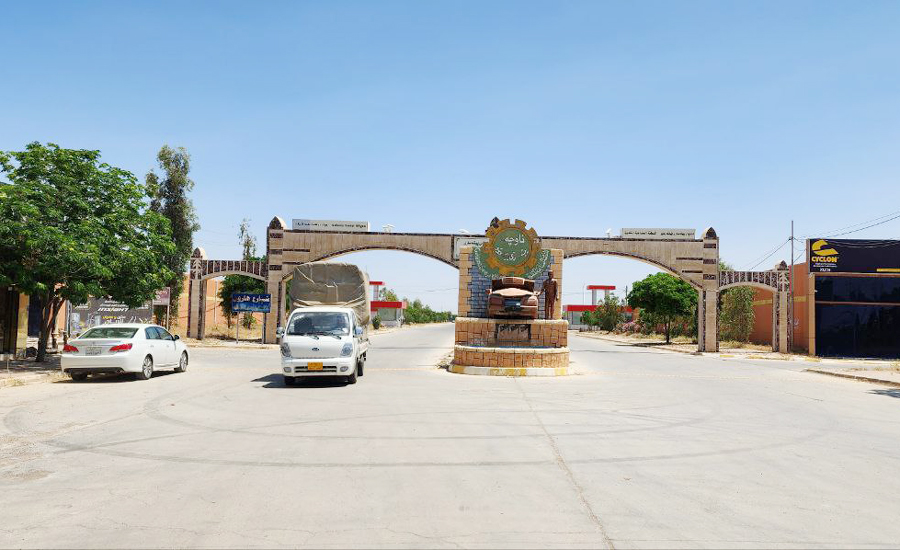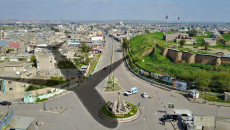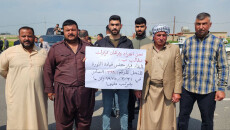The local administration of Kirkuk has given one week as deadline for car repair services to shut garages for car services at the center of the city and resume services in the new industrial zone.
Even in the Iraqi Kurdistan Region IKR, the local administrations have allocated big areas at the entrance to the big cities or its suburbs for automotive services for tidiness and to reduce traffic jam.
Acting Kirkuk mayor Falah Yaychli said that the work of car technicians in the city will end next week.
Yaychli made the remarks after a meeting with representatives of the city's tradesmen, investors in the industrial zone and a number of government offices held on Tuesday.
"We plan to end car technicians work in the city from next week. This is the final word and all professions must move to the industrial zone," he told reporters.
This is the final order and all professionals must move to the industrial zone
The industrial zone is located on the circular road outside the city.
The area consists of 3,500 shops and garages, a mosque, a health center and a fire station, almost 80% of it has been sold, according to Ramazan Haji Rashid, an investor in the industrial zone to Kirkuk Now.
The shops and garages cost between $12,000 to $18,000, sold under the investment law and registered in favor of its owner after a few years.
"The security situation in Kirkuk is now stable and calm, so we plan to end professional work in the city next week, the presence of professionals in Kirkuk inside housing areas is not suitable and civilized, and affects the tidiness and cleanliness of the city It affects electricity and water.”
"Anything uncivilized that affects the beauty of the city and the health of citizens is unacceptable in Kirkuk," he said.
The northern oil-rich city of Kirkuk, 238 kilometers north of Baghdad, is an ethnically mixed province for 1.7 million Kurds, Sunni and Shiite Arabs, and Turkmens. It has long been at the center of disputed territories between Baghdad and Erbil.
Kirkuk is one of the main disputed areas in addition to Diyalah and Nineveh that a three-stage process outlined in Article 140 of the Iraqi constitution in 2005, stipulating normalization, a population census and a referendum on the status of the territories, was drawn to put an end to Erbil-based Kurdistan region government KRG and Iraqi Federal government dispute over these areas.







